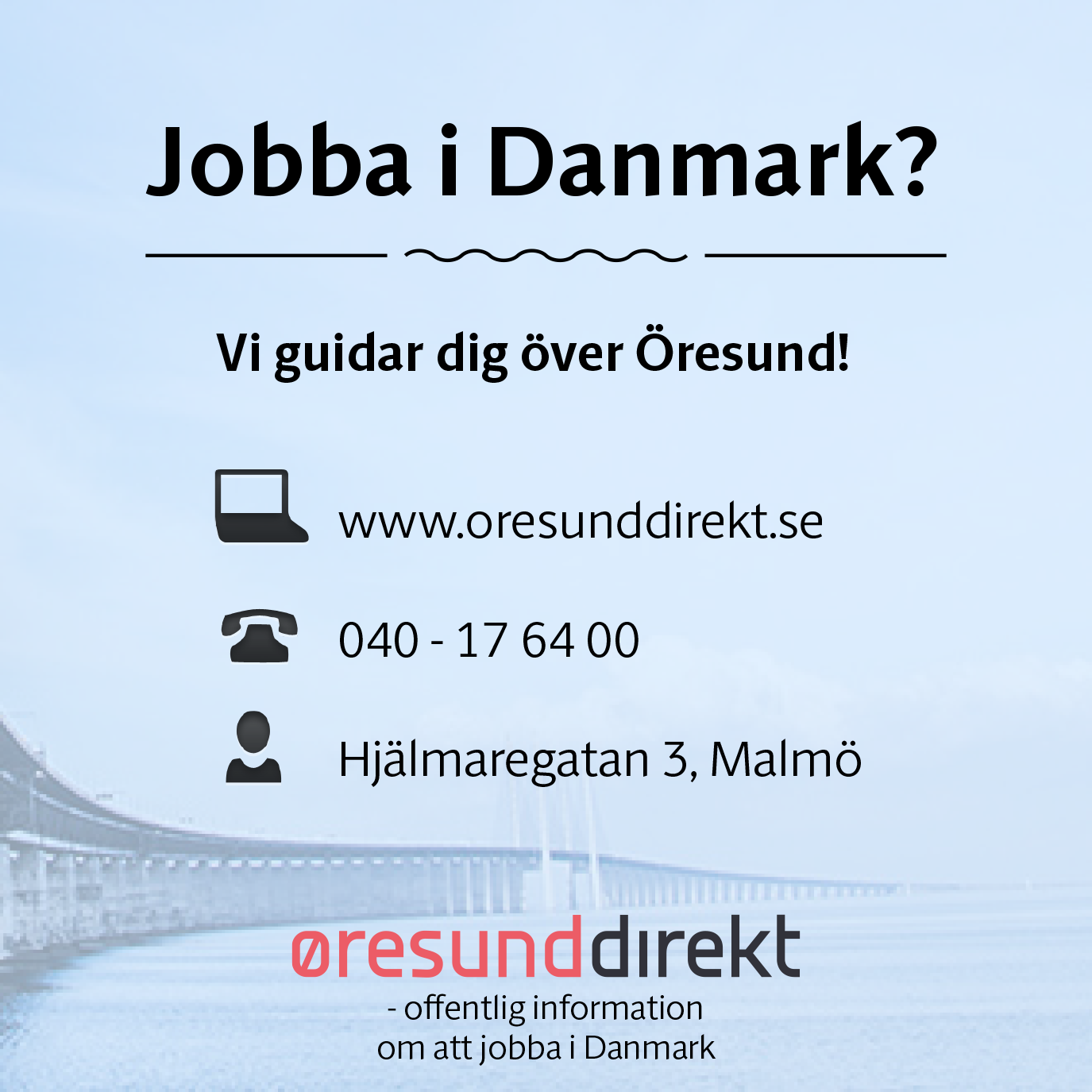The ideal employee in the year 2017 is a critical thinker, a problem solver, a creative and a good writer and speaker, at least according to a new report from the think tank called HumTank.
Written by: Filip Rydén – Translated by: Rebecka McKinnon Forsell
The report “På jakt efter framtidens kompetenser. Om humaniorans potential på arbetsmarknaden” (Hunting for the Competence of the Future. About the Potential of the Humanties on the Labor Market) was published on Wednesday 7th June. The think tank HumTankhas researched what business executives working at seven large companies value the most in new employees.
“What we concluded was that the competence that is requested is not directly linked to any education, but rather things like critical thinking, the ability to solve problems, intercultural competence and the ability to express yourself well in writing,” says Fanny Forsberg Lundell, docent in French at Stockholm University and one of the authors behind the report.
“When we asked about the value of competence more directly linked to profession it was considered quite low-priority. Instead, they thought it a better idea to hire specific competence from consultants where it is needed. Those who are working at the company should rather have this basic competence,” she continues.
The report is made as follow-up and critique to the report “Konsten att strula till ett liv” (The Art of Messing up a Life) which was published by Svenskt Näringsliv in 2011. It presented critique towards the humanities and other fields that does not lead to a specific working title. But while Svenskt Näringsliv in 2011 looked at the outcome in the labor market, this report is investigating what employers value the most.
“Our conclusion is that it is not a disadvantage to have studied the humanities, only that it needs a stronger connection to the labor market. But the competence you acquire fits well together with what the labor market requires,” says Fanny Forsberg Lundell.
The report also addresses the development in the United States, where the Liberal Arts, an education with elements of the humanities, have been regarded as key competence for the tech companies of Silicon Valley in the recent years. A similar development has not been seen in Sweden, but the report shows that the industry seems to request the same things in Sweden as in the United States.
“One difference is that many people in superior positions in Sweden have never been in contact with the humanities. In the United States for example, the humanities are often a part of the basic education at the university,” says Fanny Forsberg Lundell.
“Postgraduates of the humanities must later apply for the jobs themselves in the industry. There are possibilities to get a job but many of the postgraduates are not aware of these possibilities,” she continues.
Is university education still valued if the highest valued competence cannot be acquired through a specific program?
“Everyone that we have interviewed sees advantages in a university education, but the most important thing is not exactly which university education you have. But whether you have a degree or not, attitude and approach to the job is the most important – to have the will to learn new things and having basic competence.
____________________________________
These 5 types of competence are the ones that employers values the most from the report:
- Businesslike qualities
- Ability to solve problems
- Creativity
- Ability to express yourself well in Swedish
- Critical thinking
The report “På jakt efter framtidens kompetenser. Om humanioras potential på arbetsmarknaden” is written by Fanny Forsberg Lundell, docent in French at Stockholm University, and Roine Wiklund, university lecturer in history at Luleå University of Technology. It was published by the think tank HumTank, who strives to strengthen the humanities in society.









